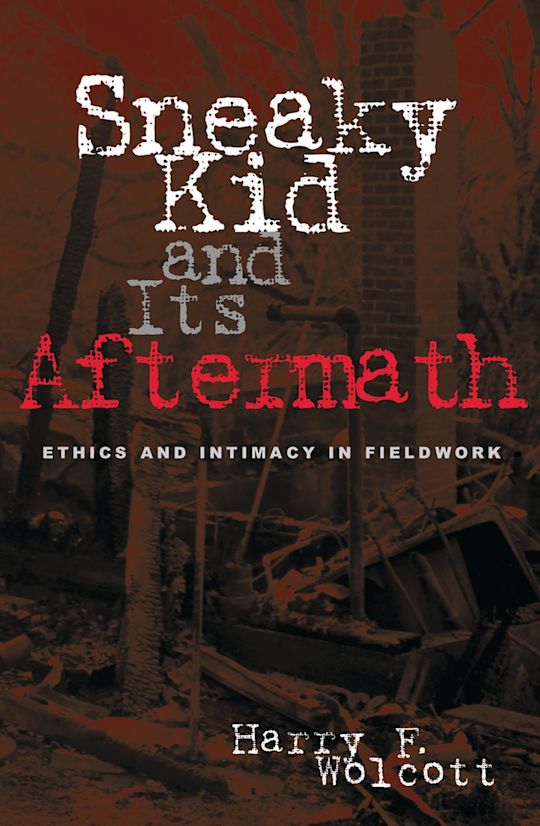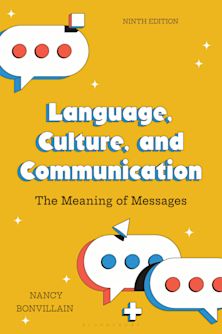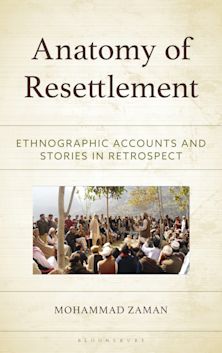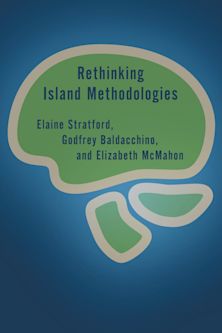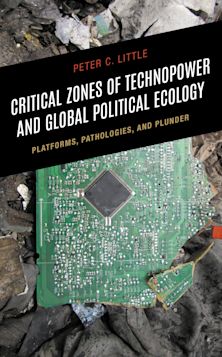- Home
- ACADEMIC
- Anthropology
- Anthropology - Other
- Sneaky Kid and Its Aftermath
Sneaky Kid and Its Aftermath
Ethics and Intimacy in Fieldwork
- Textbook
Sneaky Kid and Its Aftermath
Ethics and Intimacy in Fieldwork
- Textbook
Exam copy added to basket
Choose your preferred format. Please note ebook exam copies are fulfilled by VitalSource™.
Buy from Bloomsbury eTextBooks
You are now leaving the Bloomsbury Publishing website. Your eBook purchase will be with our partner https://www.vitalsource.com.
Your credit card statement will show this purchase originating from VitalSource Technologies. They will also provide any technical assistance you might require.
You must sign in to add this item to your wishlist. Please sign in or create an account
Description
Brad-a schizophrenic school dropout and 'sneaky kid'-first appeared as a squatter near Harry Wolcott's forest home. He becomes Wolcott's subject in a long-term life history on how the educational system can fail students. Wolcott's trilogy of articles based on their years of interviews were well-received...until he admitted to an intimate relationship with the young man who, two years after leaving his shack, returned and attempted to murder the anthropologist. The Brad Trilogy then became the focus of heated academic discussions of research ethics, validity, intimacy, and the limitations of qualitative research. Here, Wolcott presents the full story of the Sneaky Kid and the firestorm it caused. Written in Wolcott's masterful style, the case offers an ideal starting point for discussing the complex public and personal dimensions of qualitative research with students. Included as an Appendix is the complete script of Johnny Saldana's ethnodrama recounting the story in play form.
Table of Contents
Part 2 Introduction
Part 3 Part One
Chapter 4 Chapter 1: Adequate Schools and Inadequate Education: The Life History of a Sneaky Kid
Chapter 5 Chapter 2: The Brad Saga Continues
Chapter 6 Chapter 3: The Return
Chapter 7 Chapter 4: Out
Part 8 Part Two
Chapter 9 Chapter 5: More Truth, More Consequences
Chapter 10 Chapter 6: The Rebound
Chapter 11 Chapter 7: A Play on Words
Chapter 12 Chapter 8: Drawing Lessons
Part 13 Appendix: A play, "Finding My Place: The Brad Trilogy"
Part 14 References and Further Reading
Part 16 Name Index
Part 17 Subject Index
Product details
| Published | Aug 15 2002 |
|---|---|
| Format | Ebook (Epub & Mobi) |
| Edition | 1st |
| Extent | 224 |
| ISBN | 9780759116573 |
| Imprint | AltaMira Press |
| Publisher | Bloomsbury Publishing |
About the contributors
Reviews
-
What a tour de force, a marvelous accomplishment! Such honesty and plain talking is seldom seen in the social sciences.
Norman K. Denzin, University of Illinois at Urbana-Champaign
-
Brad's story began as a case study Wolcott completed on the failures of education. . . . Wolcott published an article on the experience and this topic. This article remains a well-reference source among qualitative researchers. . . . [Wolcott] proves his adeptness as an anthropologist as he is able to capture adequately the specificities of a particular moment and place and, at the same time, indicate their relevance to a much broader social context, in this case, the dilemmas we face as qualitative researchers today. . . . The book's story reminds us again and again of the inadequacies in schooling for many of our youth, the continued stigmatization and suspicions about homosexuality, and the complex dilemmas of ethics in educational research. . . . An ethno drama is included, written by Johnny Saldana, entitled, 'Finding my place: The Brad Trilogy.' Finally, with the includsion of this play as the final chapter of the book, the story of Brad finds its final home. . . . Wolcott's work, in all its complexity and controversy is now offered to a new generation of qualitative researchers and fieldworkers. This intriguing, compelling work is a touching depiciton fo the struggles of a research amid the complexitites of a new and advancing field of research.
Audrey M. Dentith, University of Wisconsin, Milwaukee, Columbia Record
-
Wolcott is a well-known, iconoclastic anthropologist of education. . . . He provides a detailed, explicit, autobiographical account of the events surrounding the publication of a series of articles on educational inadequacy, subsequently labeled 'The Brad Trilogy.' It tells the story behind the trilogy, examining personal, professional, and moral issues raised by the author's romantic relationship with the middle-class homeless man whose story is told in the trilogy. The book chronicles the young man's struggle with mental illness and Wolcott's subsequent encounters with family members, the mental health establishment, the justice system, and the academic world, presenting a firsthand account of the failure of schools, communities, mental health providers, welfare agencies and courts to serve those in need.
J. Armstrong, University of New Mexico, Choice Reviews
-
This volume is well written and it raises a number of interesting issues, not only about research methods, but also about education, mental health, and the criminal justice system...it is sure to serve as a catalyst for a number of vigorous discussions about ethics and intimacy in the research process.
Amanda Lewis, University of Illinois, Contemporary Sociology
-
This book is well-written, compelling and enjoyable...Not everyone will agree with Wolcott's conclusions about research and ethics. But that is precisely the point. This book can be used very productively in classes in which the ethics of field research is a topic. It will generate a lot of discussion and debate.
Don Kulick, New York University (USA), Sexualities: Studies in Culture and Society
-
Harry pursues difficult goals with lively style, provocative scholarship, and admirable collegiality. . . . This is a book I've long encouraged him to write because of the importance of the questions about educational adequacy and the necessary distinctions of education and schooling. The inadequacy of our institutions of schooling, justice, and welfare is an important expansion of the original agenda.
John Singleton, from the Foreword, (University of Pittsburgh)









